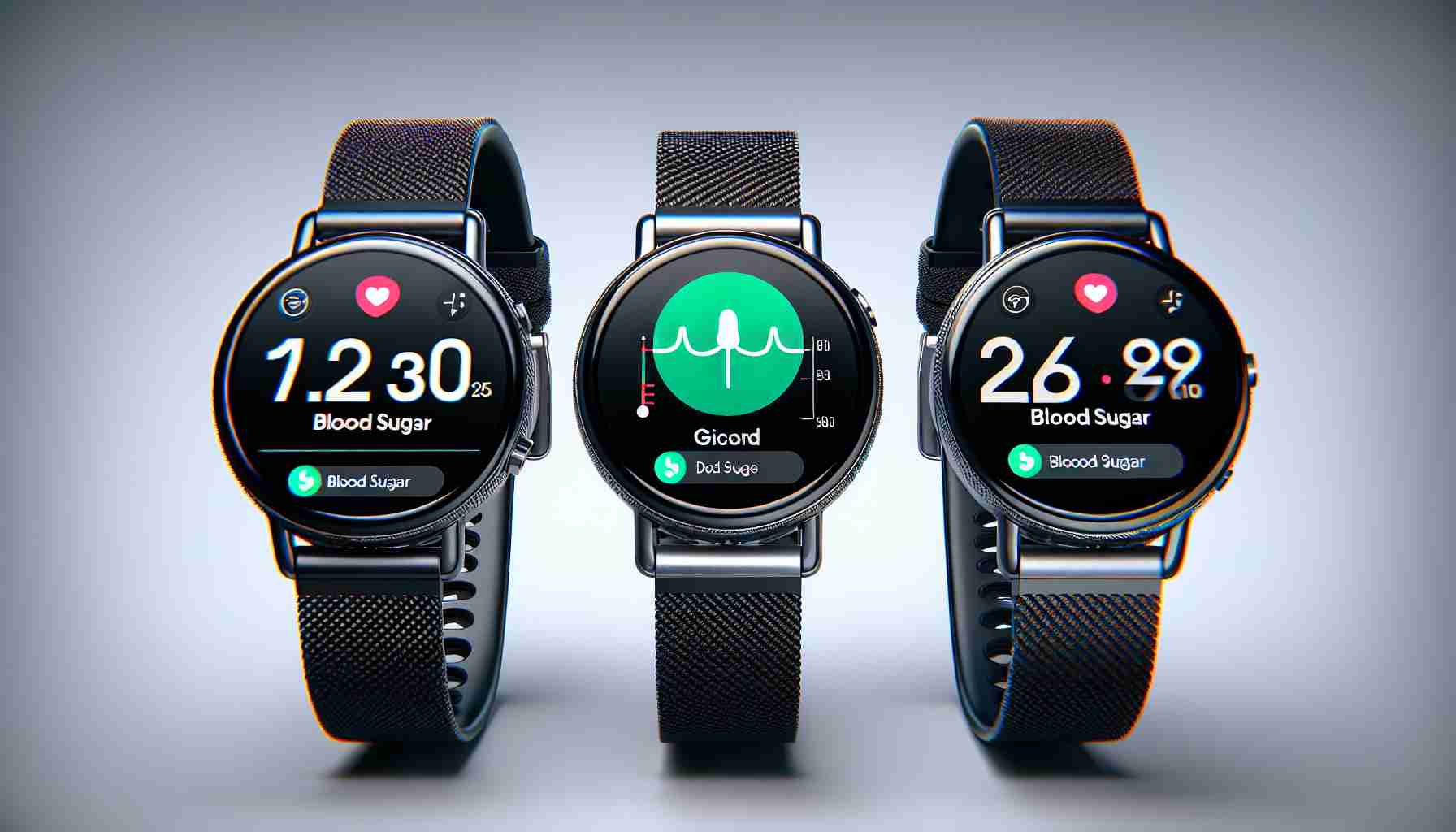Samsung Electronics is reportedly joining the league of sophisticated health-focused wearables, with its future smartwatch models anticipated to feature groundbreaking non-invasive blood sugar monitoring technology. This advancement arrives amidst discussions held at Samsung’s Medical Center in Seoul, where SVP Hon Pak, the spearhead of digital healthcare at Samsung, and members of the Samsung Health advisory board convened to deliberate on the integration of this technology into wearable devices.
Enabling users to conveniently track their glucose levels, Samsung is at the vanguard, incorporating health-centric functionalities, which include the application of AI to improve health monitoring. This includes the detection of heart arrhythmia and hypertension—key health indicators, vital to the well-being of users across the globe.
While specific operation details of the blood glucose measuring feature remain under wraps, it is clear that Samsung’s commitment to health and technology is steadfast. Innovative integrations such as these signal a shift towards a more health-conscious and tech-empowered society.
The excitement builds as the anticipated launch date for the Galaxy Watch7 series approaches, with rumors suggesting its release on July 10. This next-gen device is expected to boast the new Exynos W940 chipset, an impressive upgrade lauded for its 50% increase in efficiency compared to its antecessor, and an option for up to 32GB of storage. This launch is poised to set a new standard in the smart wearables market, offering consumers not just a gadget, but a potential companion for health management.
Smartwatch Health Integration
The integration of blood sugar monitoring into smartwatches is not entirely new. Companies like Apple have also been rumored to be working on similar technology for their Apple Watch. These types of integrations are part of a trend towards empowering individuals with personal health data that was traditionally only accessible through medical devices or healthcare provider visits.
The Advantages of Blood Sugar Tracking in Smartwatches:
1. Convenience: Provides users with an easy way to monitor their glucose levels throughout the day without the need for blood draws or additional equipment.
2. Proactive Health Management: Continuous monitoring can help users manage diabetes more effectively by offering real-time data to inform dietary and lifestyle decisions.
3. Informed Health Insights: AI applications can analyze blood sugar trends and offer actionable insights or alerts, potentially improving health outcomes.
The Disadvantages of Blood Sugar Tracking in Smartwatches:
1. Accuracy Concerns: Non-invasive technologies may not be as accurate as traditional blood glucose monitors, which could affect health management.
2. Dependence on Technology: Over-reliance on smartwatch data might lead some individuals to neglect professional medical advice.
3. Privacy and Security: Handling sensitive health data requires robust security measures to protect user privacy.
Challenges and Controversies:
– Regulatory Approval: Samsung will need to navigate through stringent regulatory processes to get approval for medical use of their technology, ensuring it is both safe and effective.
– Market Competition: Samsung will face intense competition from other tech giants as well as smaller specialized companies seeking to innovate in the health wearable domain.
Key Questions:
– How accurate will Samsung’s non-invasive blood sugar monitoring be? This is yet to be determined, as accuracy in non-invasive methods has been a significant hurdle in the past.
– Will the Galaxy Watch7 series be classified as a medical device? Depending on the technology’s intended use and regulatory review, it may fall under certain medical device classifications.
– What privacy measures will Samsung implement to protect health data? Samsung will need to ensure that user data is encrypted and handled according to global privacy standards.
For more information about Samsung and its initiatives, you can visit the Samsung Electronics official website.
The source of the article is from the blog zaman.co.at
